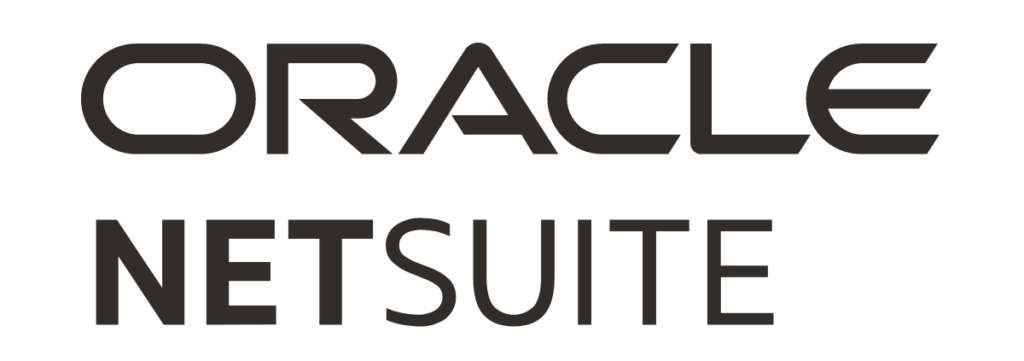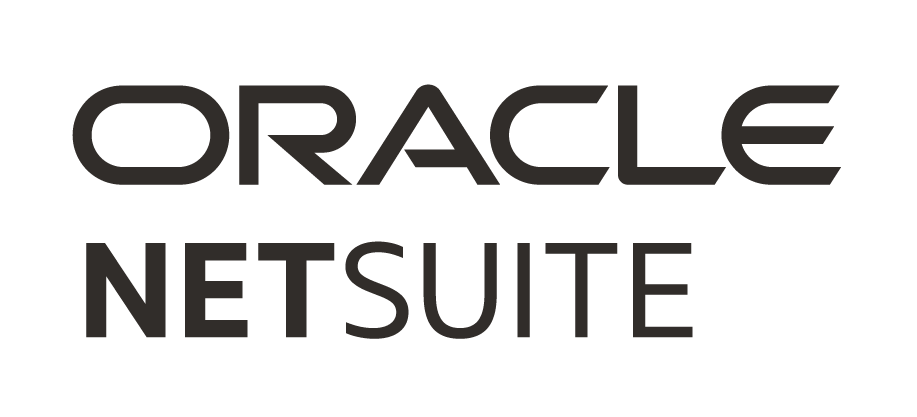Sadin on Digital episodes explore the fast-changing and high-stakes world of digital business. Wayne Sadin focuses in particular on what CXOs and boards must do to lead their companies successfully into the Digital Age. In today’s episode, Wayne and Bob talk about artificial intelligence (AI) and what changes it might bring to CIOs, companies, and employees.
Once your business gets to a certain size, the cracks start to emerge. Things that used to take just a day, now take a week. You deserve a customized solution, and that’s NetSuite. Learn more when you download NetSuite’s popular KPI checklist, absolutely free at netsuite.com/cloudwars.
Episode 46 | AI’s Business Transformation
The Big Themes:
- CIO role change: CIOs are facing a shifting role in the age of AI. While AI technologies are automating many routine tasks and processes, CIOs are increasingly focusing on enabling business transformation, fostering a culture of innovation, and ensuring that AI is used strategically to empower employees.
- Evolution of technology: AI and technological advancements are part of the natural evolution of the business world. There have been similar discussions and concerns when new technologies, such as mini-computers, local area networks, and the internet, emerged in the past. AI is the latest technology that is changing how businesses operate.
- Empowering employees: AI and automation are liberating employees from routine, low-value tasks, allowing them to focus on more strategic and high-value work. This transformation in responsibilities can lead to more engaged and empowered employees as they move from mundane tasks to more meaningful work.
The Big Quote: ” . . . not just AI, but technology will eliminate more and more routine, low-thought jobs, and high muscle or high danger jobs, warehouse jobs, loading ships, jobs, construction jobs, we’ve got to accept that it’s going to change . . . how do we redeploy our human resources, our people, some of whom have been with us 20, 30, 40 years, and let that be the driver of the process, instead of being enslaved by the process?”








